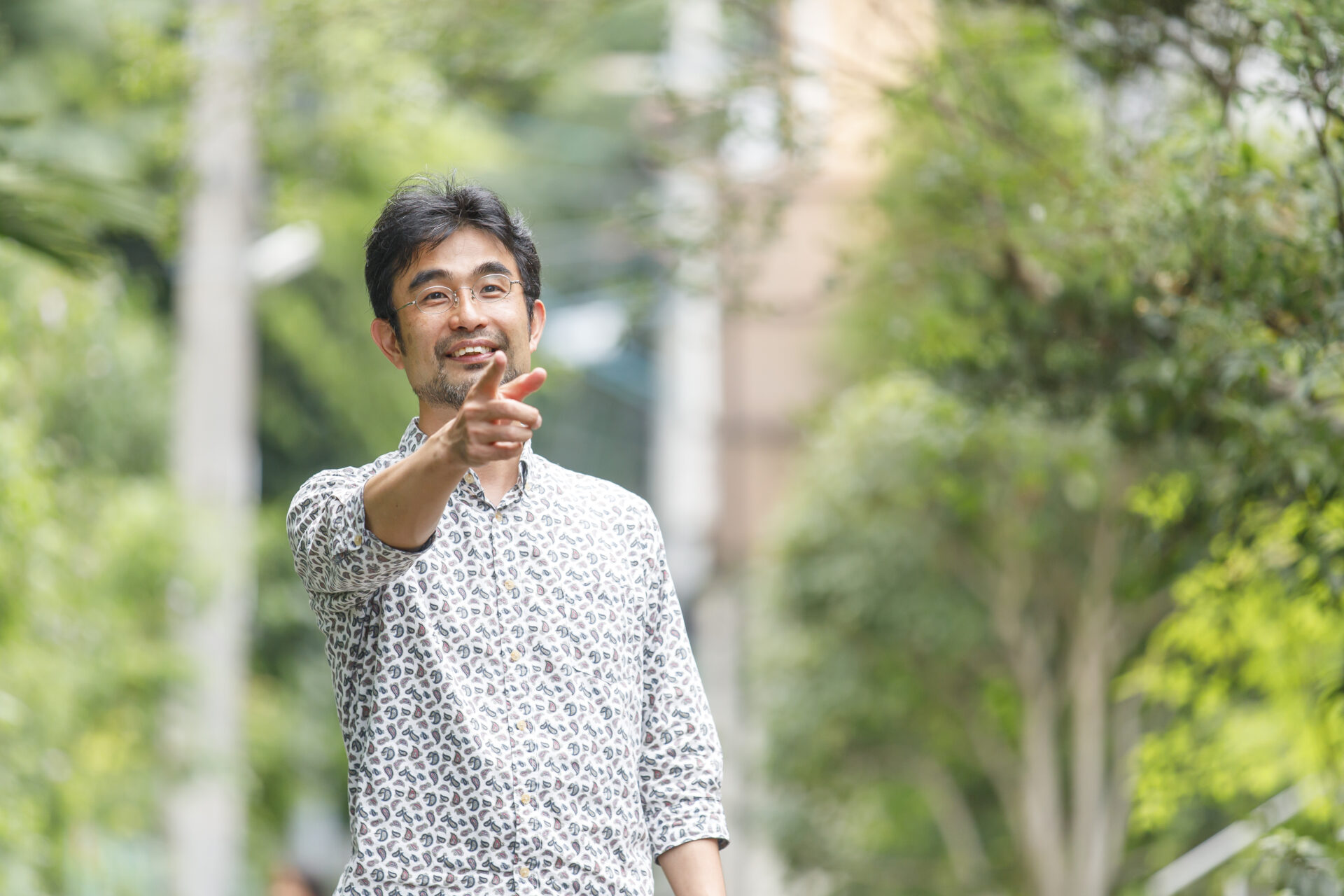Shikohin is something that we consume that may not have any nutritional value or benefit in sustaining our bodies.
Even though it is not a necessity to sustain life, shikohin is enjoyed in various ways around the world.
Perhaps shikohin is rather a necessary part of what makes us human.
When contemplating shikohin, we must address the question of what is necessary for human life, and by extension, what defines humans as a living being.
For our new series, “To Live, To Relish,” we will explore what shikohin means to us in our modern world and interview leading researchers, anthropologists, historians, and more.
For the first installment of this series, we visited Tatsushi Fujihara, Associate Professor at the Institute for Research in Humanities at Kyoto University.
In Nazi Germany, the Nazis intervened in the daily lives of its citizens through dietary campaigns, anti-smoking campaigns and other public health initiatives in order to create a population that can better “contribute” to the nation.
Tatsushi Fujihara, a historian and Associate Professor at the Institute for Research in Humanities at Kyoto University who specializes in agricultural and environmental history, points out the horrors of these policies in his book “The Nazi Kitchen.”
In his book he writes, “Shikohin played an important role in the battlefield for people to maintain their humanity.”
Fujihara also points out that our modern world has a growing tendency to promote or enforce “good health” and a disregard for the value of the act of eating.
In Part 1 of this interview, we discussed how shikohin plays a role in bringing down the walls we build around us. In Part 2 we will look back into history and look at the impact that food and shikohin have on us.
Agricultural policies affect whether people are forced into hunger
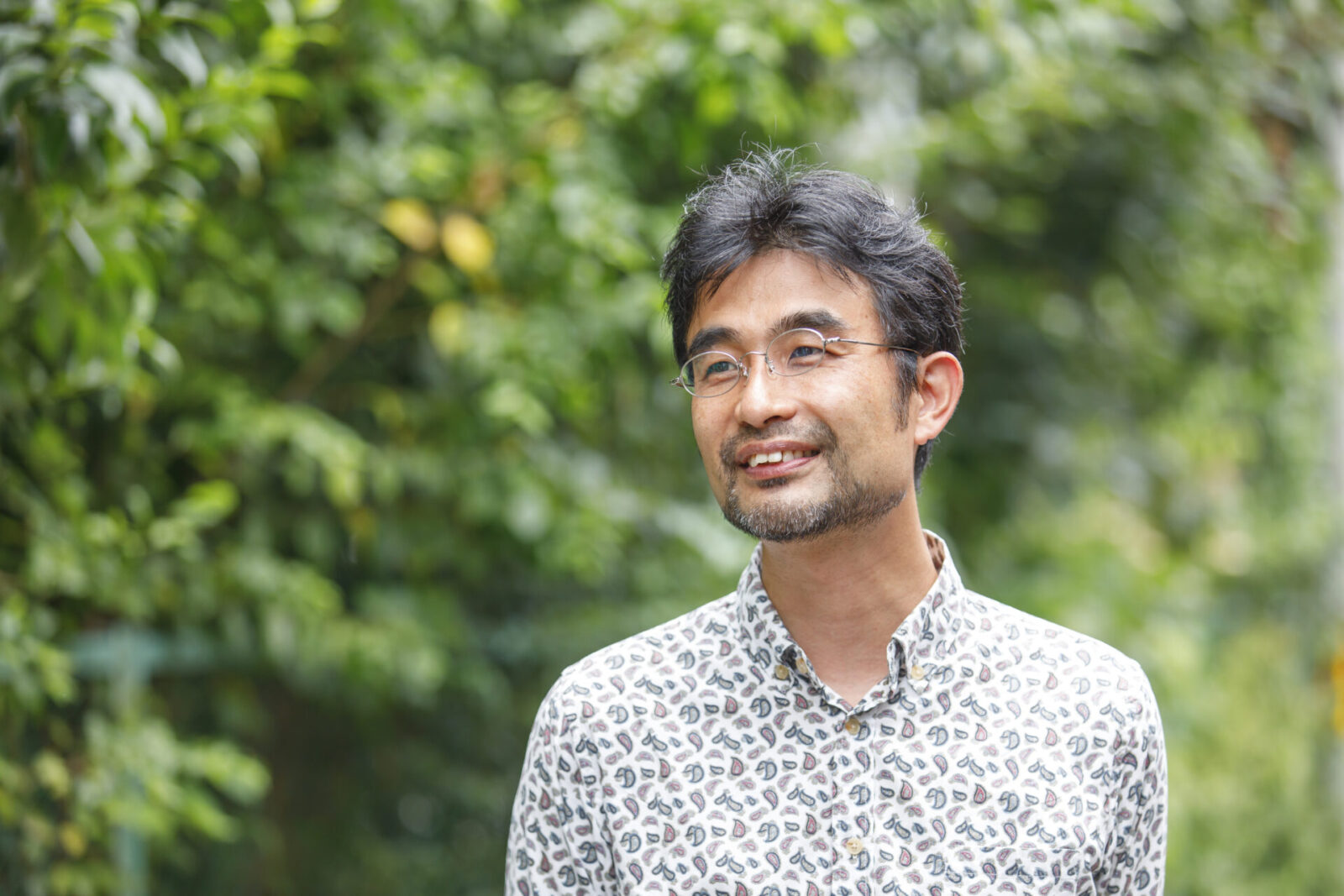
── In Part 1 of this interview, you mentioned that if the people living in a society are not able to satisfy their hunger, it is a failed society. Through your studies of history and politics you also said that we should be able to achieve a society where everyone has access to food. In light of past history, what do you think of the state of food in the modern world?
In my research that I have done thus far, there have been many women and children who suffered from starvation in the 20th century.
The 20th century is a time where many famines were triggered by politics.
For example, in Ukraine, which is currently being invaded by Russia, there was a historically large famine known as Holodomor that occurred in the first half of the 20th century (1932-33) due to a collectivized agricultural policy enforced by the former Soviet Union.
The Ukrainian people were deprived of food, livestock, farmland and were forced to emigrate. Countless people, estimated to be between 4 to 10 million or more people, died from starvation.
I believe learning about Holodomor will help us better understand the current state that Ukraine faces today as well.
── I see. Agricultural policies and human life are deeply connected. Food crisis will also lead to war.
War is a major theme in my research.
The fundamental question behind my research is based on a simple question I had since elementary school, and that is why humans are unable to stop war. I still remember the shock I experienced after visiting the Atomic Bomb Dome in Hiroshima and seeing the display of the horrible injuries through the mannequins in the Hiroshima Peace Memorial Museum.
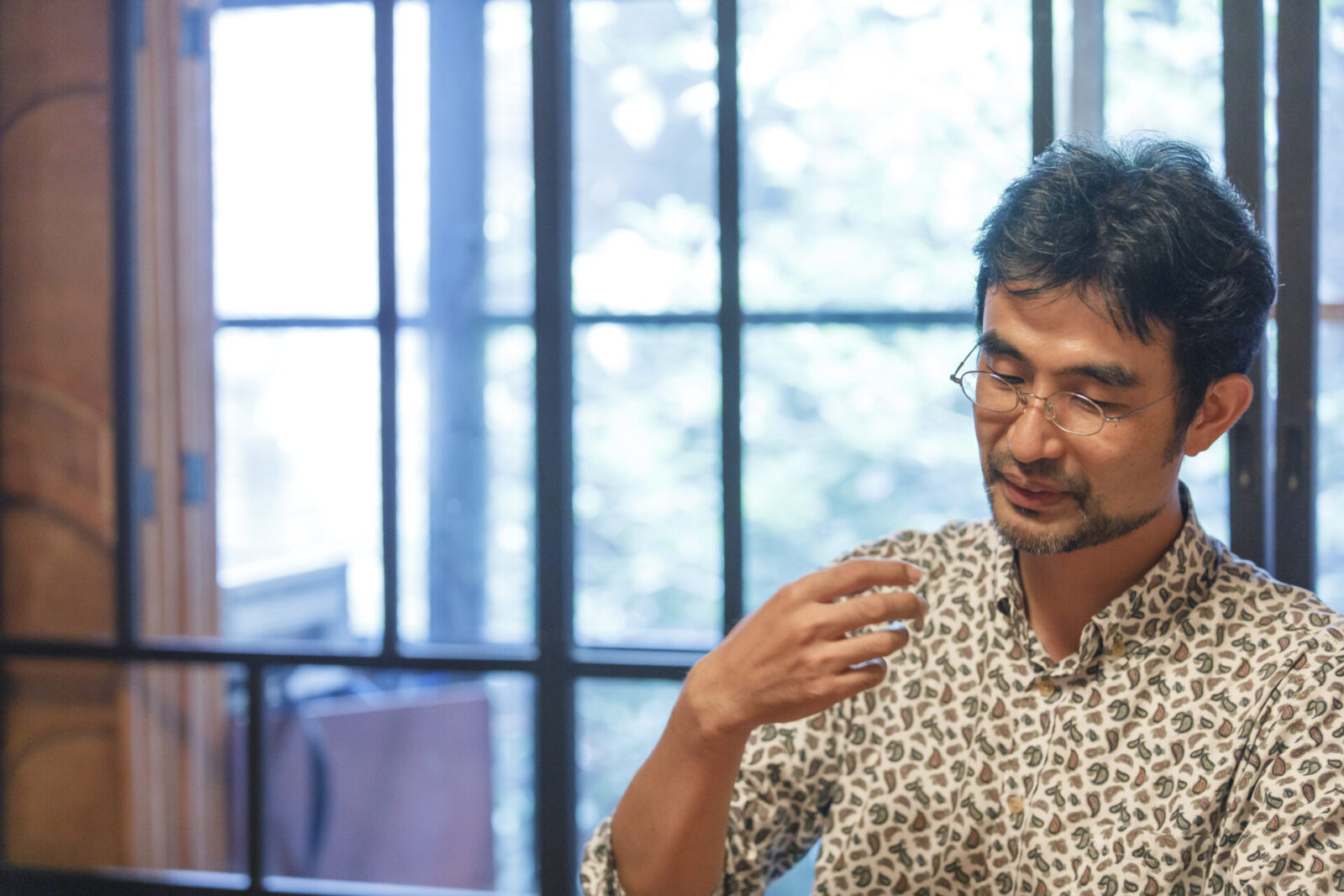
── Many people living in the modern world have no experience in farming and perhaps few people understand the agricultural policies of their own country.
In 2017, I wrote a book titled “The World History of Tractors” for publishing label Chuko Shinsho. The publisher said to me, “I have colleagues who have never heard of tractors. Many of our readers also live in Tokyo. Please write a book under these premises.”
Tractors are one of the most important machines for agriculture. There are large tires and small tires and it is used for cultivating land. I was personally shocked to learn that there are people who do not know that.
Recently, there is a growing interest in agriculture. However, not many people understand the process of agriculture in a true physical sense.
For example, not many people are able to visualize the whole production process of rice, which includes field preparation, plowing, planting, water management, weed control, pest management, draining and harvest.
What this means is that if there is a food crisis due to a recession, a disaster or even war, most of the people in this country do not know anything about growing food.
Furthermore, most of the farmers in Japan are over 70 years old. The agricultural industry of this country is supported and barely maintained by the elderly population. I believe this is a life threatening problem for our country.
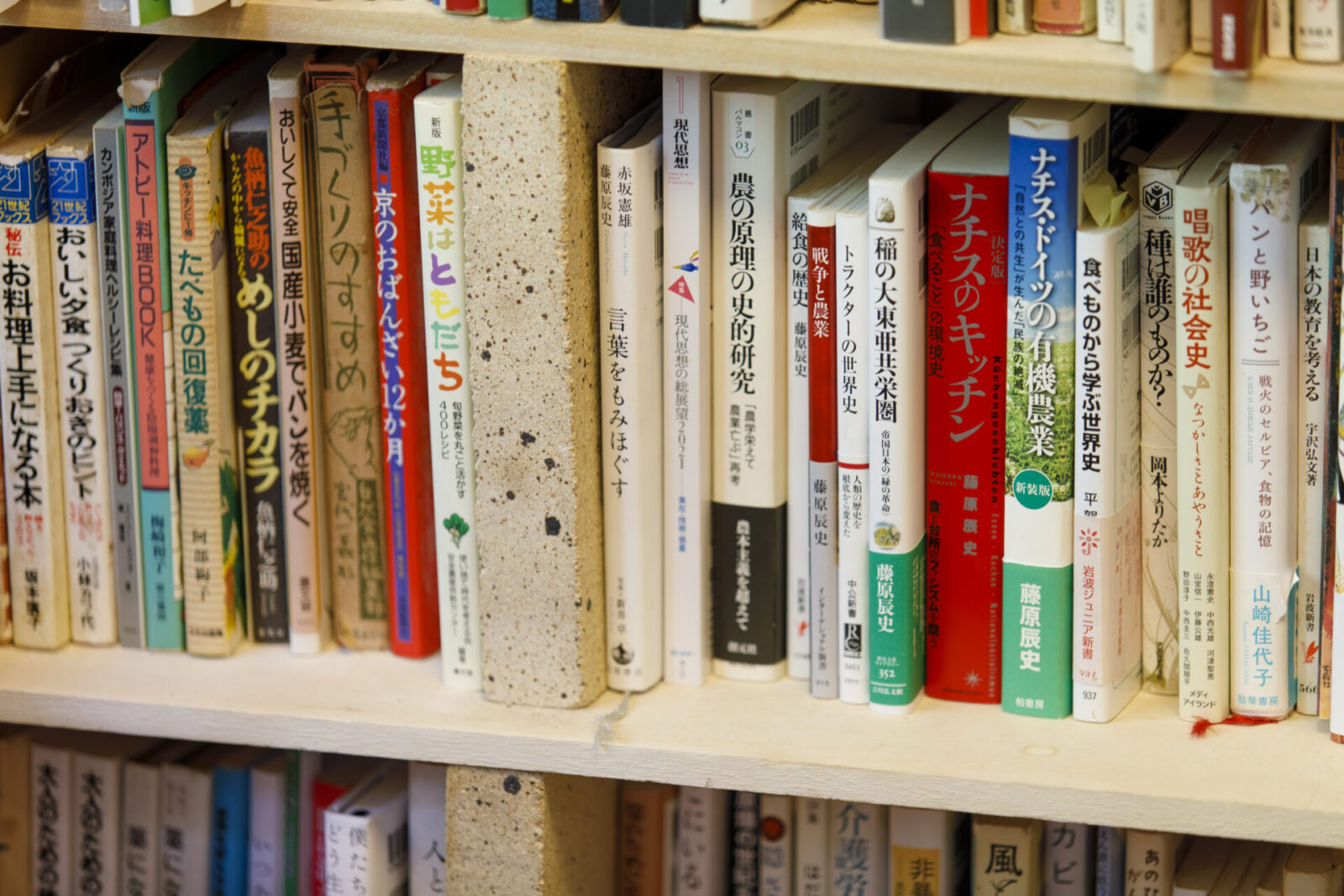
Nazis proved the dangers of the state intervening in civilian diet
── Throughout history, nations that faced food shortages have controlled and distributed food through rationing and other methods.
During World War I, countries such as Germany and Austria-Hungary faced severe food shortages. To deal with this problem, public cafeterias were put into place.
Cooking and delivering food in designated locations saved on energy and food resources and eating as a group helped to save lives.
On the other hand, it was also an example of people having no choice but to eat the same food as everyone else.
── In your book “The Nazi Kitchen,” you talk about how the Nazis encouraged “Nazi Wives” and system kitchens which were considered loyal to serving the state. You talk about the horrors that come from the state intervening with the daily lives of people through food.
Stanford historian Robert N. Proctor explains in his book “The Nazi War on Cancer” how the Nazis also promoted mass health checkups and implemented restrictions on the use of asbestos.
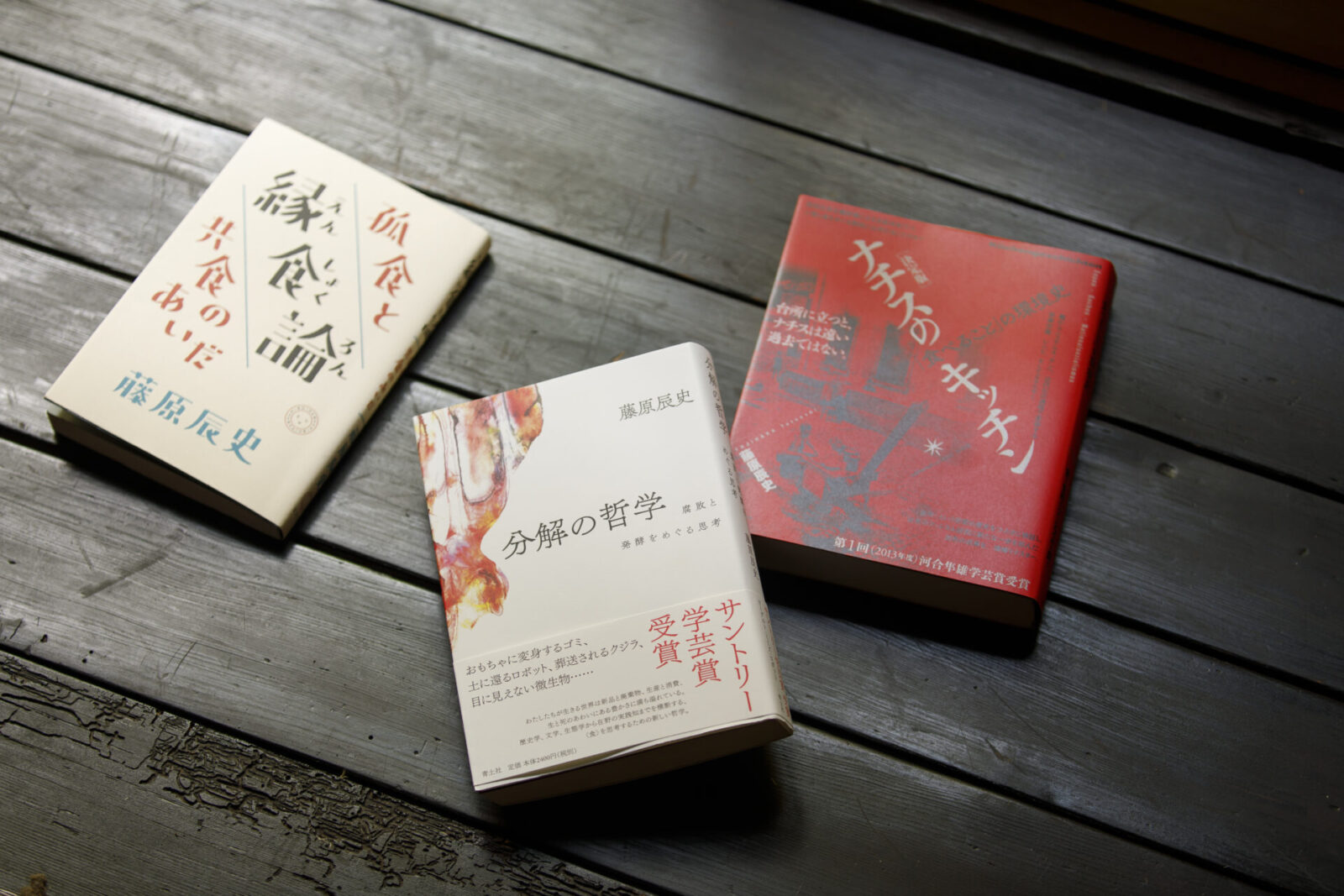
── The Nazis also promoted unprecedented levels of health policies, including an anti-smoking campaign because it cigarettes do not provide any nutritional value.
Although we say “health,” what is important to look at is what the Nazi’s defined and advocated to be “good health.”
In Nazi Germany there was a saying that stated, “Your body belongs to the state. Your body belongs to the Fuhrer.”
In other words, this means that people must dedicate their bodies to the state. They must take care of their bodies so that when the time for war comes, they will be able to give their bodies to fight for the state.
For the Nazis, good health for men meant being a strong soldier and good health for woman meant being able to give birth to strong soldiers.
Some examples of the Nazi’s control of food include promoting the consumption of fish over meat, saying that meat leads to stomach cancer. The state made the choices of what foods the people ate.
They manipulated the people’s minds by controlling their daily lives through food. This is one of the horrors of the Nazis.
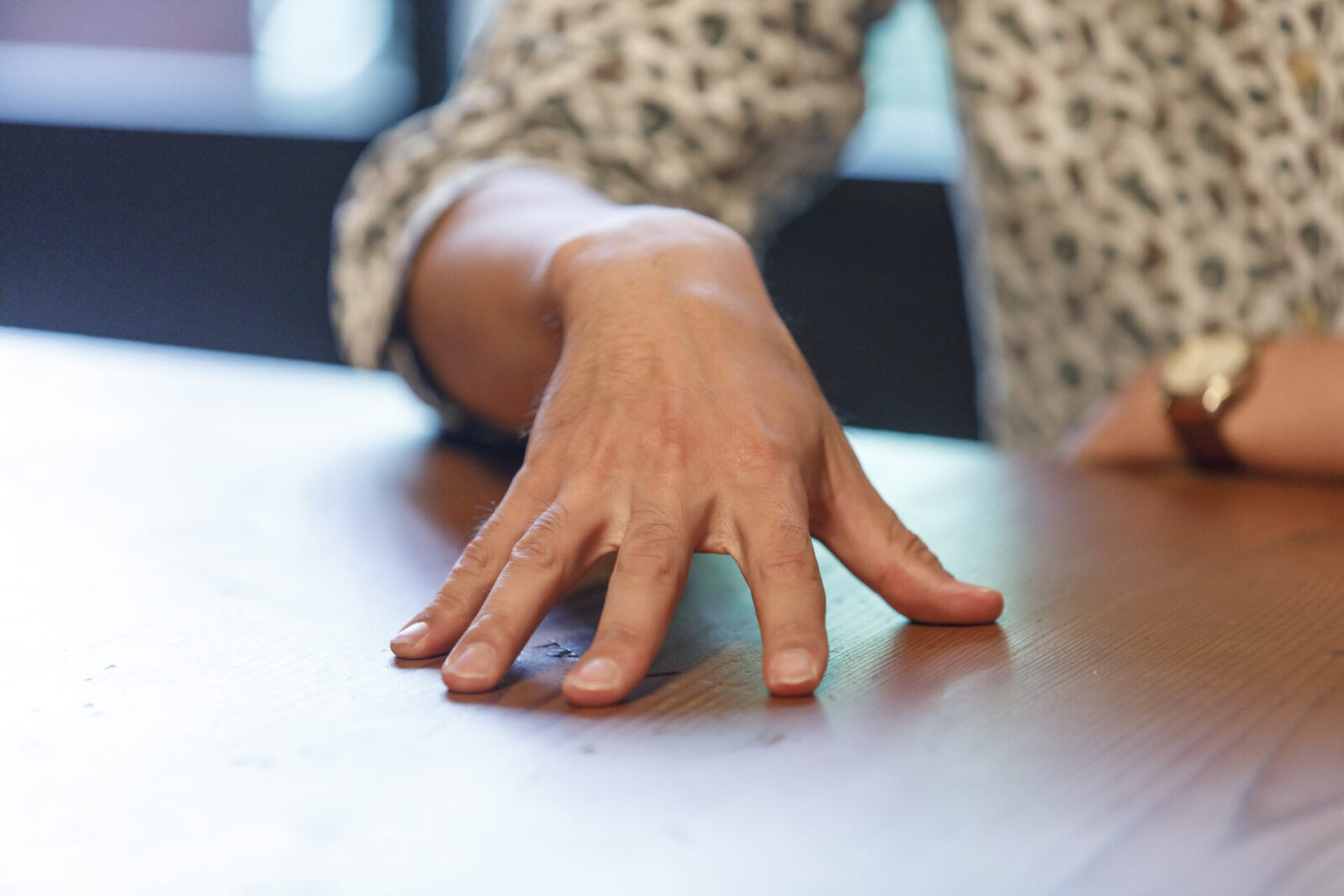
── In that sense, being told what is healthy by other people is actually quite frightening.
It is important to maintain a healthy body and mind and avoid sickness. However, health is not something that the state or other people should impose on us.
Do you find yourself being influenced by the media’s stereotyping of slender bodies with a flat stomach as being the standard human body and changing your diet accordingly?
Is that what living our life should be about?
I myself worry about the fact that the purpose of life is becoming “good health.” I think that good health should not be the goal or objective of life, but a result that comes from mutual concern for each other.
I personally believe that laughing with your loved ones and getting together with people to have lively parties are also good for our health.
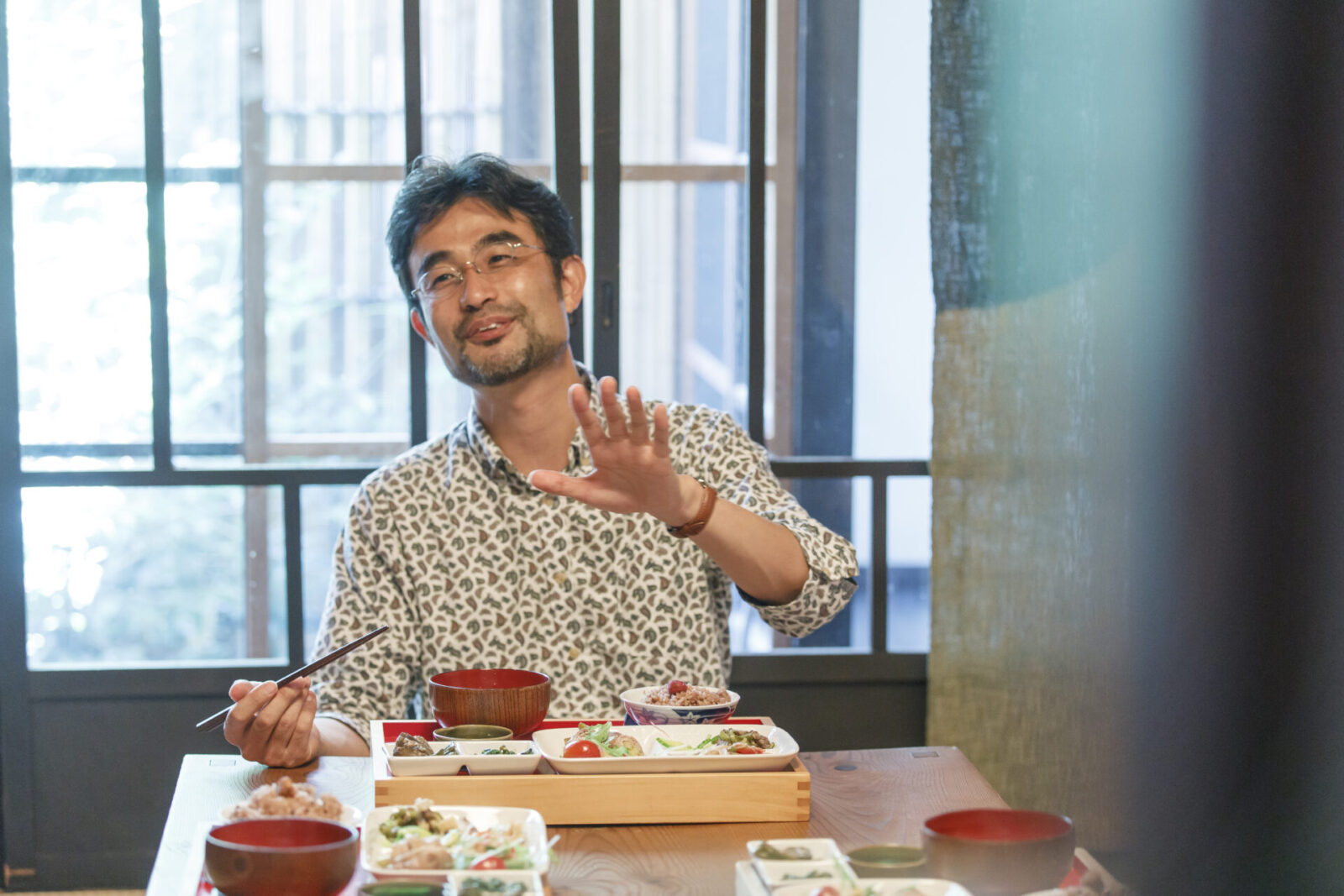
── I read that the Nazis also organized a day for “all citizens to eat a simple soup” on the first Sunday of fall and winter months.
That was the “Eintopf Sonntag (Soup Sunday).” These events themselves were not necessarily held for propaganda purposes to gain support for the Nazis.
However, it encouraged all citizens to eat the same thing on the same day. It creates a sense of exclusivity and makes the citizens reflect on whether or not they have been eating too much meat or eating too lavishly.
── During the war, it was said that luxury was the enemy.
As I mentioned earlier, war is a big theme for my research.
This is why I feel uncomfortable when the dialogue surrounding the modern diet talks about “eating without being wasteful,” or “eating for nourishment” and “eating without pleasure.” This ideology is the same as the mindset during the war.
As I wrote in “The Nazi Kitchen,” the Nazis discouraged the consumption of meat. This was because eating meat can cause stomach cancer and because making meat requires a lot of grass and land. In terms of environmental issues, these two arguments are not incorrect.
However, if you replace the argument as “not eating meat for good health,” it changes the dialogue and makes it slightly off.
Is the “good health” mentioned here something that is truly desired by the individual?
As mentioned earlier, the Nazis stated, “Your body belongs to the state. Your body belongs to the Fuhrer,” meaning that people had to maintain a healthy body so that when the time for war comes, they will be able to fight for the state. Good health was essentially for the purpose of the state military.
Making choices about health for the sake of the state or for some cause other than your own will only limit possibilities and choices in your life.
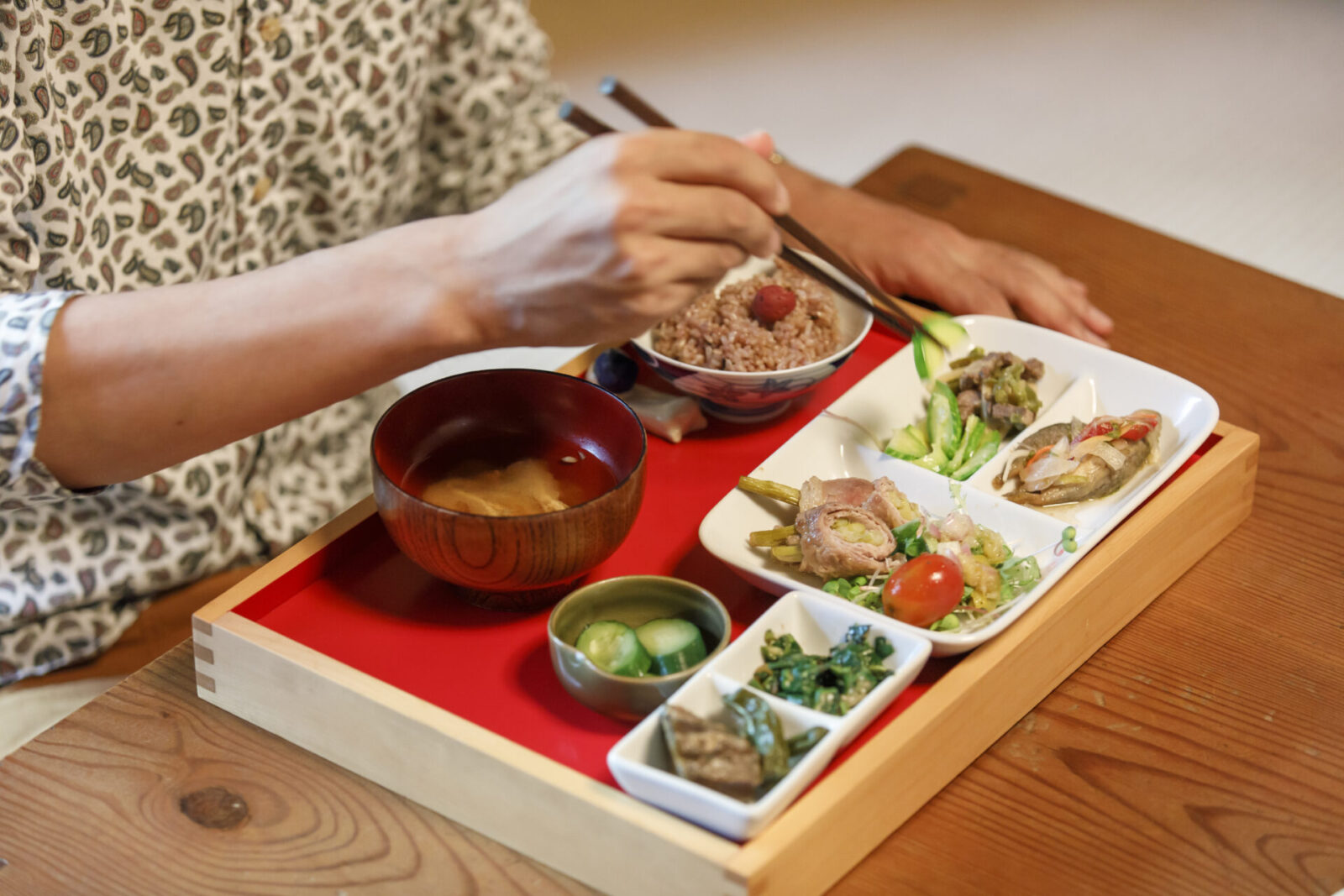
Shikohin, the key to countering wartime logic
── In the busy daily lives of the modern world, it is certainly difficult for people to put time and effort into their daily meals. One phrase from your book “The Nazi Kitchen” left an impression on me and it said, “Cooking and eating are acts of beauty that deserve to be called an art, even if they are repeated daily.”
There is a catch phrase by a certain jelly drink maker that says, “Recharge in 10 seconds.”
Personally, I think it is old fashioned to describe the consumption of a meal as recharging. Interpreting food as some kind of fuel sounds like something from the Industrial Revolution.
It is as if humans have a fueling door that we can just open and insert nutrition and energy into; as if we were a car at a gas station.
── Lately the health fads promote “zero calorie” or “sugar free” drinks and foods. There are even products that say that all the necessary nutrients for one day are included in their product.
There’s no doubt that supplement bars, freeze dried foods and other ready-made foods are convenient. I sometimes make miso soup from freeze dried packages.
However, if you look back to where these products originated, it is from military rationing technology developed at the Natick Research & Development Laboratories
in the United States, and their technology was later converted for civilian use.
Of course I have no intention of denying anyone their choice to freely and proactively decide what they want to eat and choose from the various options available in today’s market.
The point is that the people should have the freedom to think about and choose what to eat in their given environments. That is what eating should be about.
── Perhaps we have gotten too accustomed to prioritizing our work and responsibilities over eating and enjoying food.
Even in battlefields, shikohin played an important role in helping to preserve the people’s sense of humanity.
During World War I and World War II, the soldiers would take precious moments of rest to smoke a cigarette or drink tea. Cigarettes were especially important in maintaining morale among the soldiers. For the English soldiers, tea was very important. I think it was one way that the soldiers were able to preserve their sanity.
── I never thought about the ideological connections between the meals of our daily life and life on the battlefield.
I want to present the question, “Are we turning everything in our modern society into a battlefield?”
For example, lunch time in our modern day world is more about choosing foods that are quick and easy, filling, or have the necessary nutrients rather than choosing foods based on what we want to eat. Our society is sharing a similar mindset to that of a wartime society.
Are we not exposed to as much competition and pressure in our schools and workplaces as people are on the battlefield? Are we not becoming mentally ill like the soldiers in a battlefield? One of the consequences of cutting back on time for meals and eating is death from overwork.
When I see the catch copies that are promoted in recent commercials for jelly energy drinks or nutritional supplementary products that claim “to keep you fighting for 24 hours,” I ask these questions.
If the current labor force requires this kind of battlefield mentality, it is hugely problematic.
On the other hand, I think being thoughtful about our food and how we eat is a way to express our opposition to war and wartime ideologies. It is not exactly the same as raising our voices and speaking out against war, but more of a small philosophical expression.
The most scary thing about our current state is that we have gotten accustomed to a world that has this battlefield mindset. We close our eyes to the fact that people are committing suicide because of bullying, or dieing from overwork. People think that this battlefield mindset is the norm and does not question it. That is the most dangerous thing and it is a scary situation.
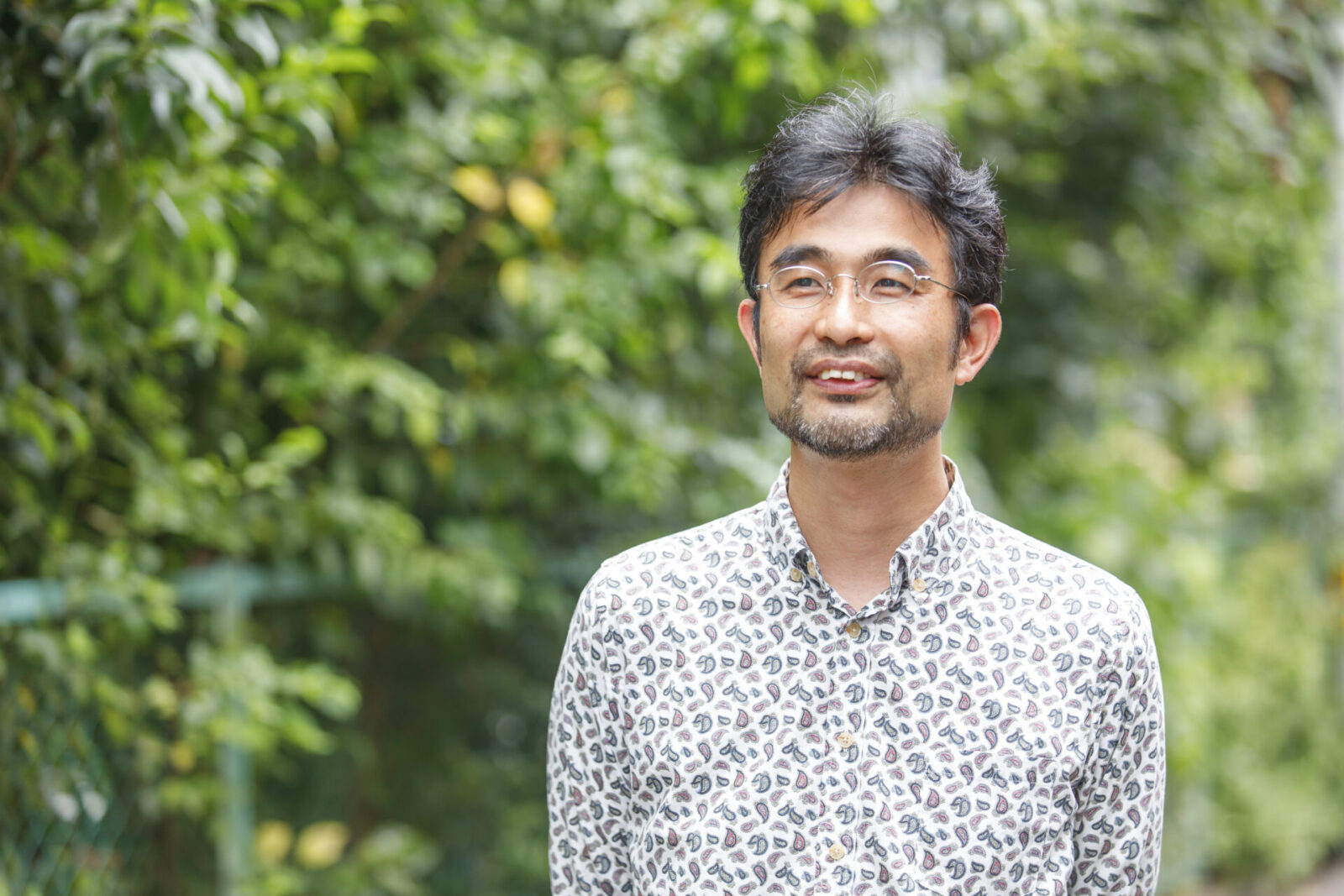
Photo:Yuuki Kimura
Translation: Sophia Swanson
Reporter for Business Insider Japan. Born in Shinjuku-ku, Tokyo. Taught world history as a high school teacher, worked for Huffngton Post Japan and BuzzFeed Japan before assuming current position. Interests incude economics, history, and culture. Covers a wide range of topics from VTuber to Rakugo and is interested in food culture from around the world.
Editor / Writer. A freelance editor. Born in Yokohama and based in Kyoto. Associate editor of the free magazine “Hankei 500m” and “Occhan -Obachan”. Interests include food, media and career education programs such as “Internships for Adults”. Hobby is paper cutting.
Editor and creator of the future through words. Former associate editor of Huffington Post Japan. Became independent after working for a publishing company and overseas news media. Assists in communications for corporates and various projects. Born in Gifu, loves cats.
